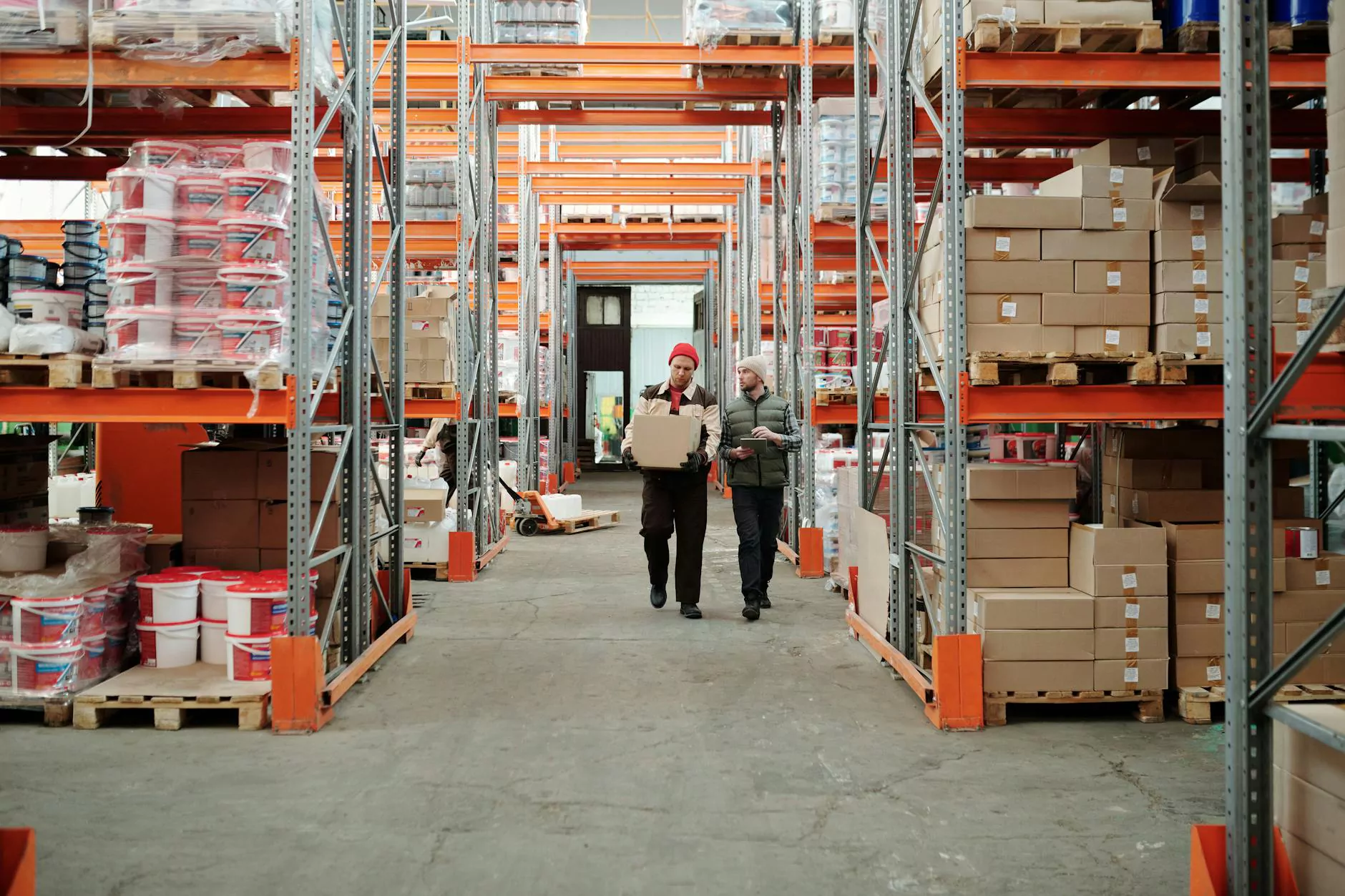The Vital Role of Weight in Business: A Focus on 150kg in Electronics

In today's fast-paced global marketplace, understanding the logistics of weight is crucial for businesses. This is especially true for companies operating in the realm of electronics. One specific weight class that often surfaces in discussions about shipping and logistics is 150kg. This article explores the implications of this weight category and how it affects businesses, particularly in Vietnam.
1. The Importance of Weight in Business Logistics
Weight plays a fundamental role in logistics, influencing shipping costs, transportation methods, and overall efficiency. In businesses dealing with electronics, understanding how to manage weight, especially when products or shipments are around 150kg, can significantly impact operational effectiveness.
1.1 Shipping Costs and Weight
- Dimensional Weights: Many freight carriers use dimensional weight pricing, where the volume of a package is compared with its actual weight. Understanding this can save businesses significant costs when shipping items weighing around 150kg.
- Weight Classifications: Products that exceed certain weight limits may require special handling or different shipping methods, leading to increased costs or delays.
- Optimizing Packaging: Businesses must find the right balance between protecting products and minimizing weight. Effective packaging strategies can help keep total shipment weight at or below 150kg for maximum cost-efficiency.
1.2 Transportation Methods Influenced by Weight
The choice of transportation mode is heavily influenced by the weight of the shipment. For goods exceeding 150kg, companies often consider the following options:
- Road Freight: Common for regional deliveries, but costs may escalate with heavier weights.
- Air Freight: Fast but expensive; ideal for urgent deliveries, especially if the total weight is carefully managed.
- Sea Freight: Economical for bulk shipments, but delivery times may be longer.
2. Balancing Quality and Cost in Electronic Products around 150kg
In the electronics industry, maintaining a balance between product quality and shipping costs is paramount. When companies deal with products that total around 150kg, they must consider both the quality of materials and the transportation costs.
2.1 Quality Assurance in Electronics
Ensuring high quality in electronic products necessitates careful consideration of materials, design, and manufacturing processes. For shipments approaching 150kg:
- Component Quality: High-quality components ensure the longevity and reliability of products, justifying their weight.
- Robust Design: Electronics need to be designed to withstand handling and transport, especially when heavier loads are involved.
2.2 Cost Management Strategies
Managing costs when dealing with heavy electronics involves strategic planning:
- Supplier Negotiations: Developing strong relationships with suppliers can lead to better prices and lower shipping rates for heavier products.
- Bulk Shipping Discounts: Many logistics companies offer discounts for bulk shipments, optimizing transportation at weights around 150kg.
3. Shipping Electronics Regarded as Heavy Item (150kg)
Transporting electronics that weigh up to 150kg presents unique challenges and opportunities. Effective strategies include:
3.1 Selecting the Right Logistics Partner
Choosing a logistics partner with expertise in transporting heavy electronics can facilitate efficient handling. When selecting a partner, consider:
- Experience: Look for companies with a proven track record in handling heavy shipments.
- Technology: Evaluate their capabilities for tracking and managing heavy items during transit.
3.2 Implementing Efficient Handling Techniques
Some techniques for managing heavy electronics logistics include:
- Automated Handling: Utilizing automation in warehouses can reduce the risk of damage during handling.
- Proper Training: Ensuring staff is trained in safe handling procedures for heavy items is crucial.
4. The Vietnamese Electronics Market and 150kg Products
Vietnam's burgeoning electronics market is greatly influenced by the logistical challenges associated with items weighing around 150kg. As a growing hub for electronics manufacturing, companies must adapt their logistics to accommodate these weights effectively.
4.1 Growth of the Electronics Sector
Vietnam has seen significant growth in its electronics sector in recent years. Key factors driving this growth include:
- Skilled Workforce: A large pool of skilled workers is available, enabling quality production of high-end electronics.
- Government Support: Policies aimed at promoting foreign investment in electronics manufacturing boost growth.
4.2 Navigating Logistics in Vietnam
For businesses in Vietnam dealing with heavy electronics, navigating local logistics is critical:
- Infrastructure Development: Ongoing improvements in transportation infrastructure enhance logistics capabilities.
- Local Partnerships: Collaborating with local logistics providers can ease the challenges associated with heavy shipping.
5. Future Trends in Business Logistics Concerning 150kg
Looking ahead, various trends will shape the future of logistics for electronics and products around 150kg:
5.1 Sustainability in Logistics
More businesses are seeking sustainable practices in logistics. This includes:
- Reducing Carbon Footprint: Employing eco-friendly transportation options.
- Efficient Packaging: Developing reusable packaging solutions that reduce waste.
5.2 Technology Enhancements
The increasing role of technology in logistics can optimize operations:
- Blockchain Technology: Enhancing transparency and tracking in shipping.
- IoT Applications: Monitoring shipments in real-time, improving efficiency and reducing delays.
Conclusion
The logistics of transporting heavy electronics, particularly those weighing around 150kg, is a complex process that requires careful planning and execution. By optimizing shipping strategies, managing costs, and embracing new technologies, businesses can not only enhance their operational capabilities but also strengthen their position in the competitive electronics market. Understanding the nuances of logistics in relation to weight ensures that businesses can thrive in an ever-evolving marketplace.







